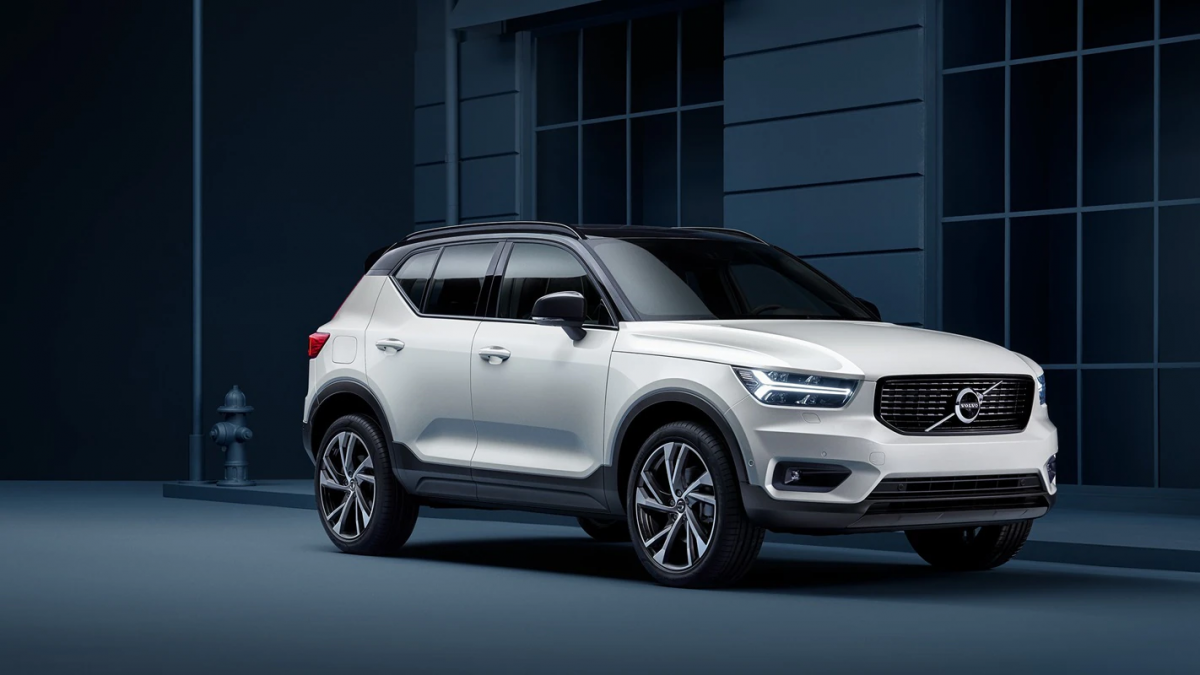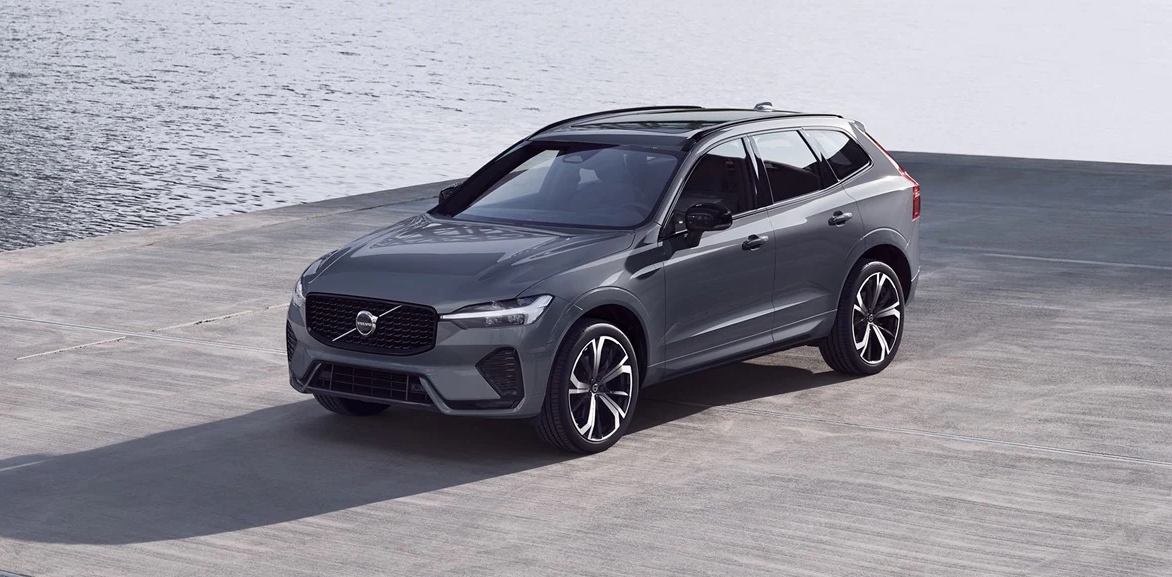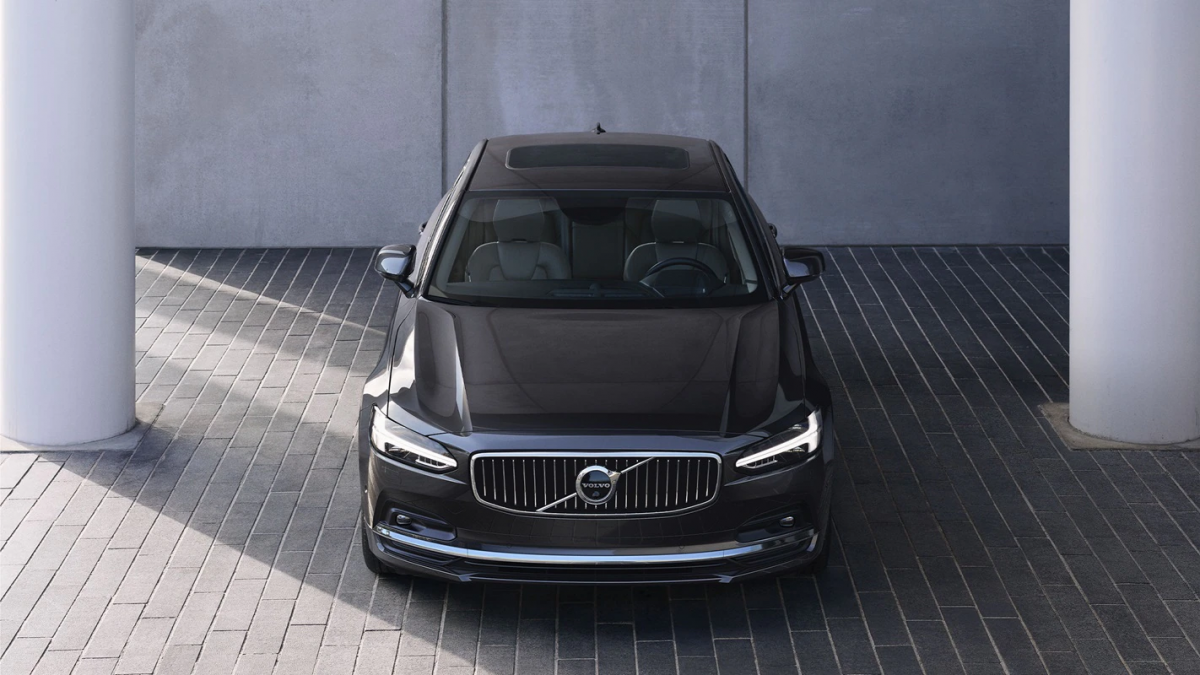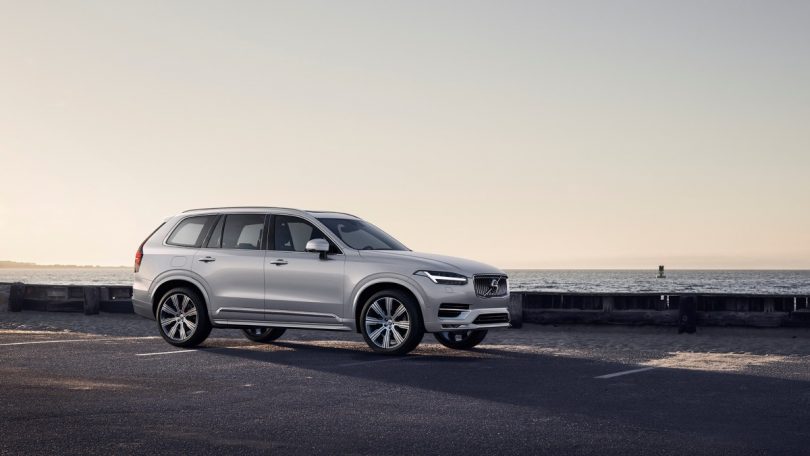Swedish automaker Volvo has announced that it will increase the prices of its cars in the Indian market. Starting from January 1st, 2022, Volvo India will increase the prices of its products by INR 1 and 3 lakh ex-showroom. Volvo India states that the reasoning behind the price increase is the volatile forex situation and global supply chain disruptions. Additionally, the pandemic-induced restrictions and inflation of commodities have also led to the increased cost of inputs.
New Revised Prices
Recently, Volvo India has taken the decision to transition towards building an all-petrol portfolio for its products in the country. By phasing out all diesel’s, the brand introduced the new XC60, S90, and XC90 with petrol powertrains in 2021. Additionally, all three Volvo’s were the best-selling models and feature a 48V mild-hybrid system for added efficiency and fuel economy. During the first half of 2021, Volvo also introduced its 3-year Service Package, which costs INR 75,000 without taxes.
Previously, Volvo had priced the T4 R Design variant of the XC40 compact-SUV to cost INR 41,25,000 (ex-showroom). From January 1st, 2022, the T4 R Design variant of the XC40 will cost INR 43,25,000 (ex-showroom). Meanwhile, the B5 Inscription variants of both the XC60 and S90 currently cost INR 61,90,000 (ex-showroom).
Post price revision, the XC60, and S90 will cost INR 63,50,000 and INR 64,90,000 (ex-showroom), respectively. The most expensive Volvo is the B6 Inscription variant of the XC90, which costs INR 89,90,000 (ex-showroom). The new revised price for the XC90 luxury SUV after January 1st will be INR 90,90,000 (ex-showroom).
Other News
Recently, the Swedish automaker conducted a research study that proved that the manufacturing of EVs produced 70% more emissions. To prove the authenticity of its research, Volvo compared the production of its ICE-powered XC40 with an all-electric XC40 Recharge. The automaker did this by comparing the carbon footprint of both cars, which included raw materials and the production process. Eventually, Volvo drove both variants of the XC40 for 2 lakh Km and proved the authenticity of its theory.
Also Read: Xiaomi’s electric car could debut in 2024 ahead of schedule





